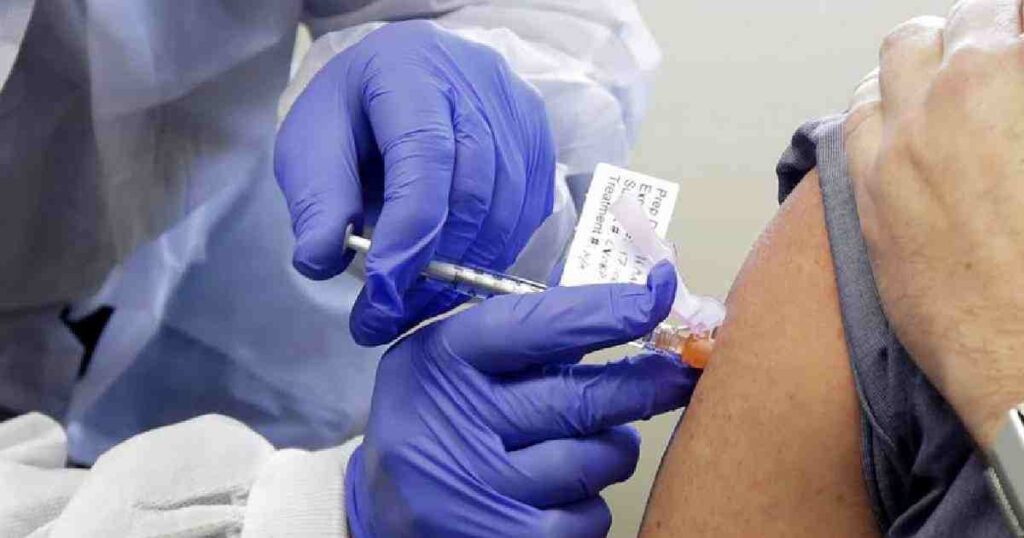As COVID-19 vaccines are approved and rolled out, the issue of timely access to the vaccines in developing and least developed countries has become even more urgent. The current continuing reliance on a handful of pharmaceutical companies with limited production capacity coupled with the buying up of most of the available vaccines by several developed countries is unacceptable. On 18 to 26 January 2021, the Executive Board of the World Health Organization will meet. One important agenda item 14.4 will consider a report prepared by the WHO Director-General on the public health implications of implementation of the Nagoya Protocol (document EB 148/21). The Nagoya Protocol deals with access and benefit sharing, including in relation to pathogens.
Third World Network has prepared comments on several key aspects of the WHO report, and we are concerned over the flawed methodology of a survey that was done by the WHO Secretariat, and the unbalanced (even misleading) nature of the report. The report concludes by recommending that the Executive Board take no major action and instead requests the Secretariat to continue its work. Such a broad recommendation pre-empts a proper discussion by WHO Member States that should first focus on more clarity and understanding of the facts and issues, especially fair and equitable benefit sharing for public health objectives.
TWN calls for the way forward to be a Member-State process and not a Secretariat-driven one.
One item of note with respect to the Secretariat’s work is how Member States will be involved in the development of the “bio-bank” for pathogens that has been proposed by the WHO DG. While this work is of relevance to the Nagoya Protocol and public health, many unanswered questions exist about it. Member States should take care to not accidentally endorse continued development of the “bio-bank” without new information on the plan and establishment of a clear guiding role of Member States in its possible creation. Consistency with the rights of Member States under the CBD and Nagoya Protocol also needs to be ensured. Questions related to the bio-bank have been elaborated in more detail in an earlier TWN paper.
The coming week’s Executive Board meeting is expected to adopt a recommendation on the item 14.4 to the World Health Assembly, which is to convene in May.
– Third World Network




